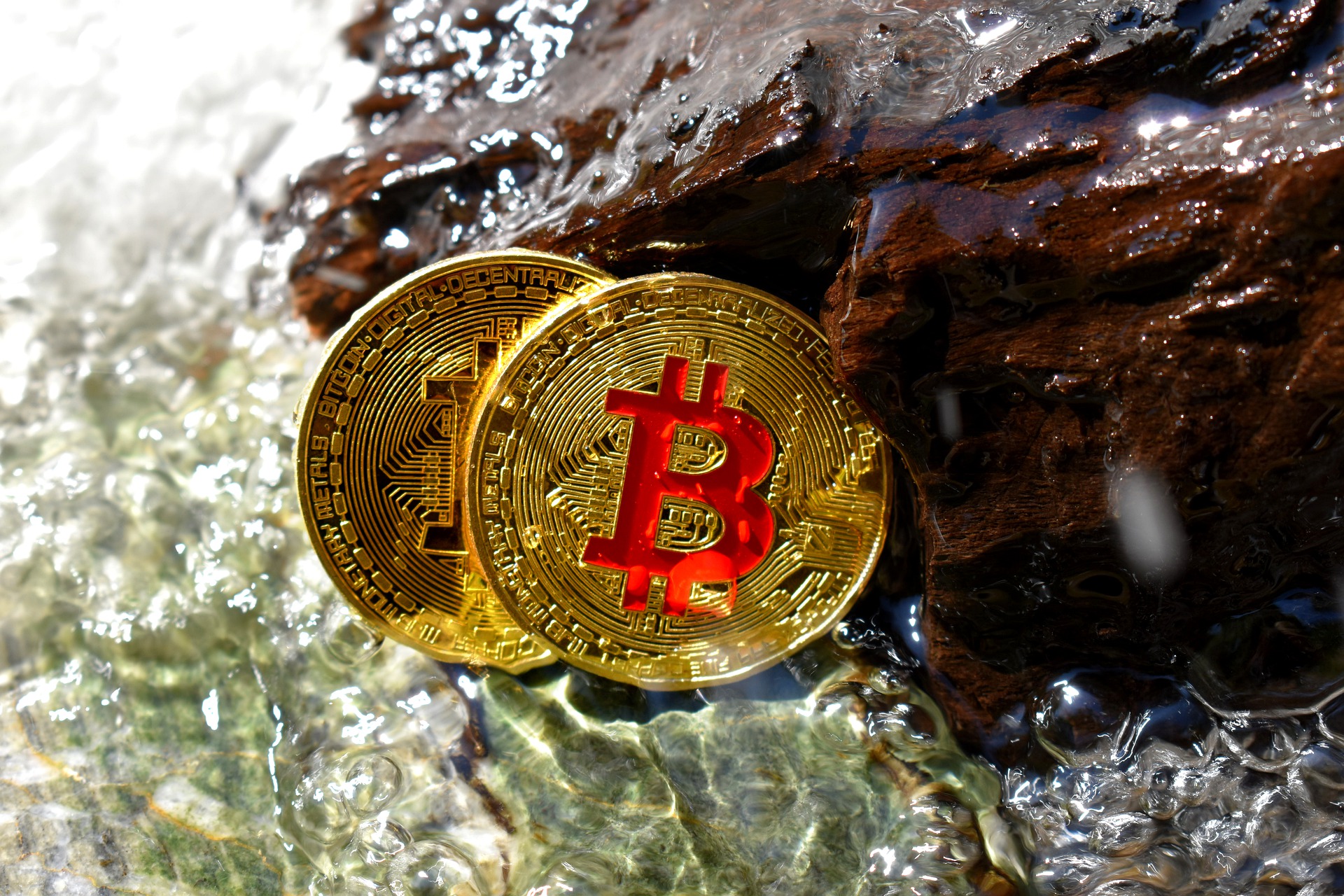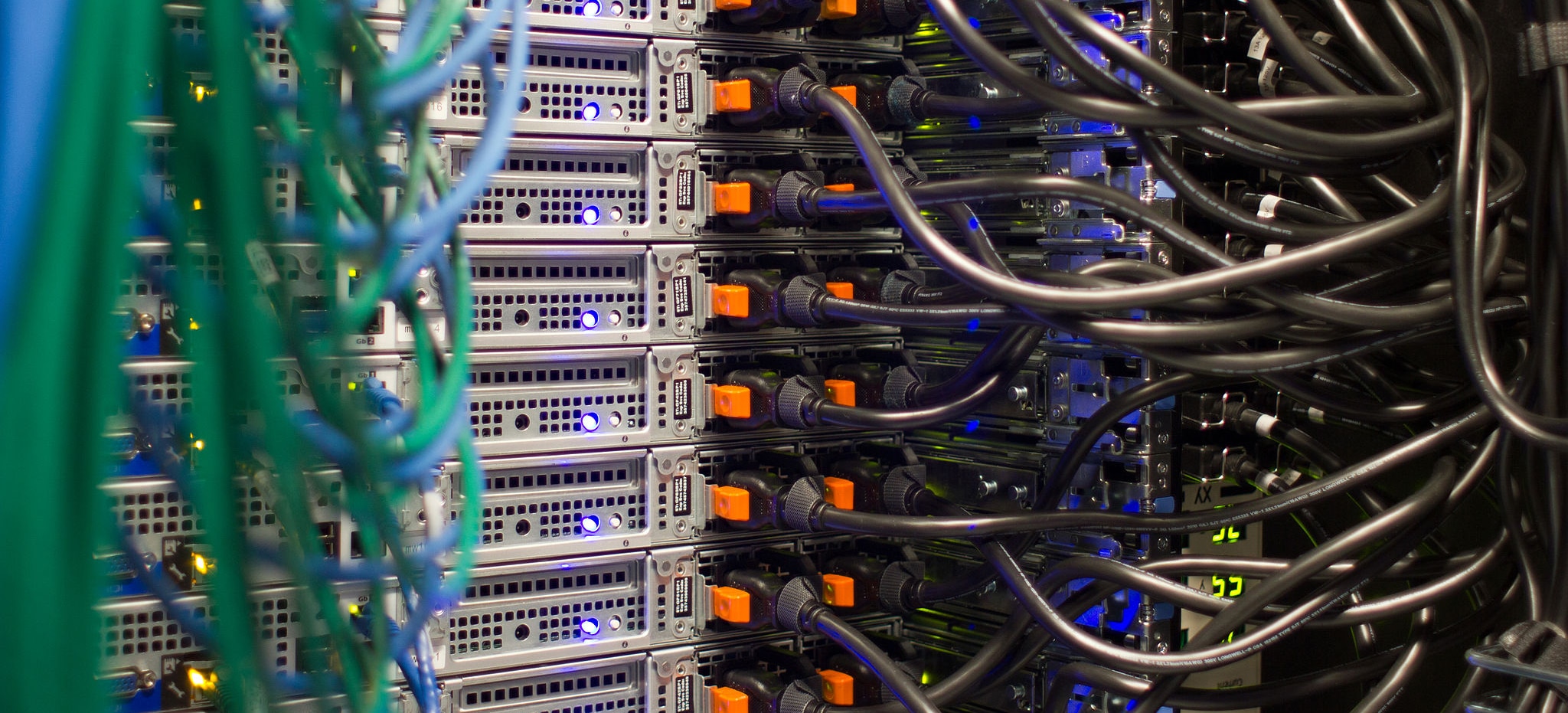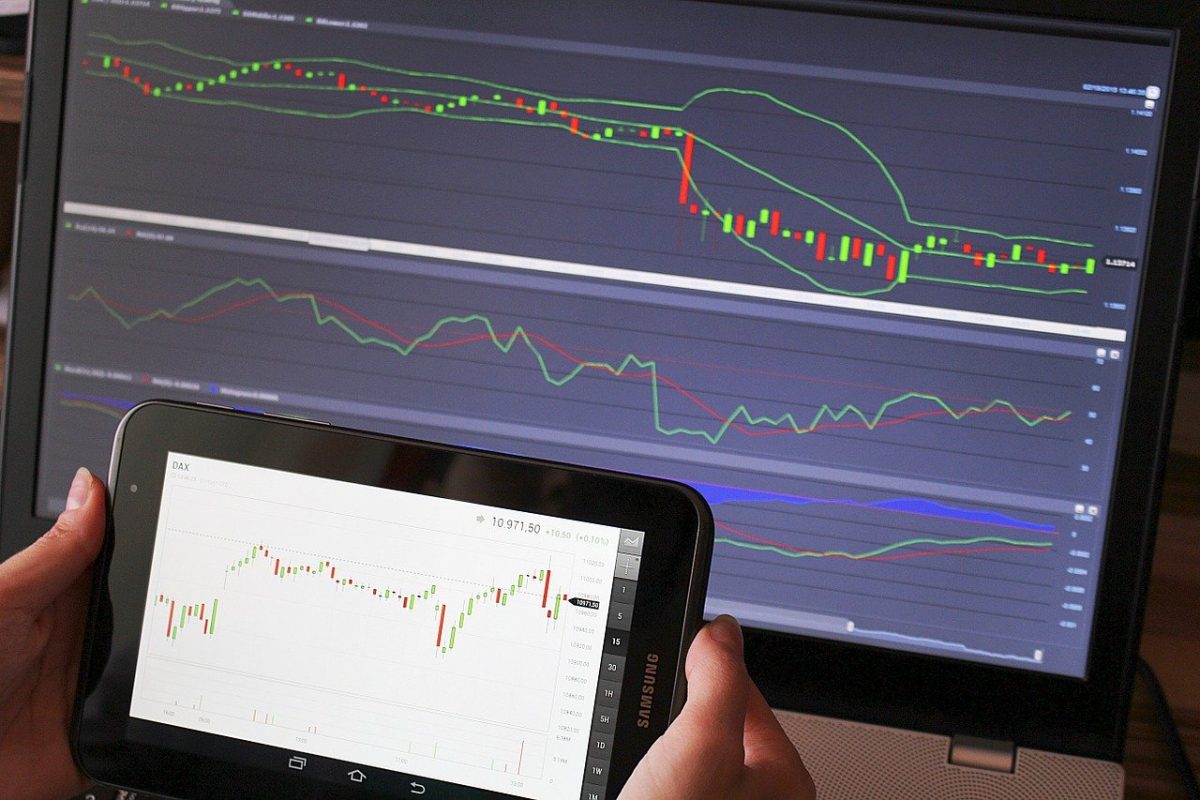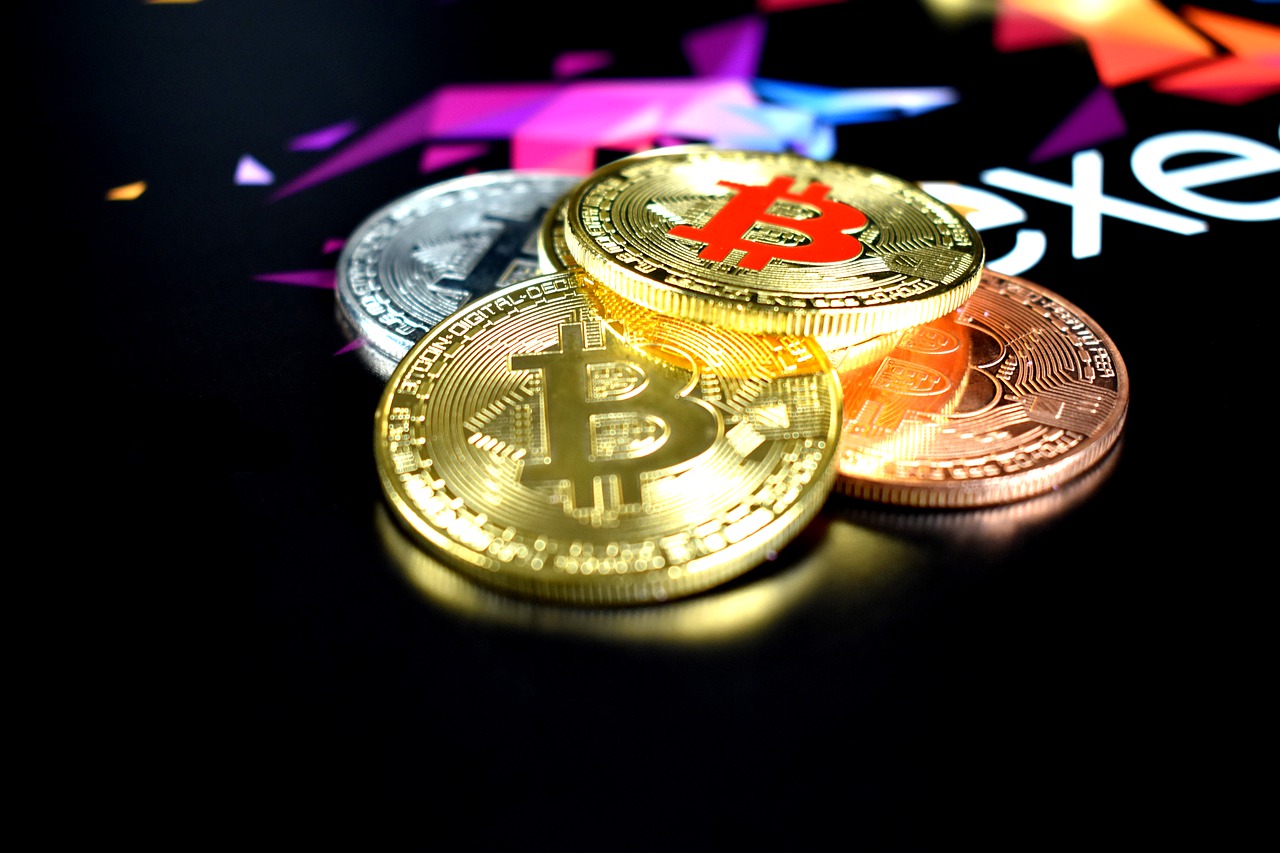COMIT Network Launches XMR-BTC Swaps On The Mainnet Of Monero

The ring signature system of Monero has a privacy mechanism that draws anonymity from a minimum ring size. The transaction receivers are well protected from stealth addresses, and the funds within the circle can be differentiated from themselves.
The smallest size of the ring is 1:1, provided that there is no other information. An attacker can know the source of a particular transaction with a confidence level up to 1/11 unless a larger size of the ring is used.
Though the transactions through Monero are much more private than Bitcoin as the latter has no native transaction cloaking system, it is not foolproof.
The possibilities of a transaction being traced can be minimized to an exponential level of reduction by setting up ‘churn’ transactions. This means that transferring funds from a wallet to another before using them which will reduce the chances of the attackers to about 1/121. This method, however, is rarely used.
Report from researchers concluded that through the flooding of the Monero blockchain with transactions that are low-cost, close to about 47.63% of the total XMR transactions can be known and deanonymized.
The Inference of Atomic Swaps
BTCs gotten via recognized and high-profile hacking can be quite difficult to move (launder) as the exchanges and the chain analysis group are monitoring them constantly.
The reason being that every BTC can be traced back to its origin, i.e., the block reward, and they can be tagged usually. Mixing them is quite a laborious process when dealing with larger volumes.
It is noteworthy to mention that a larger percentage of Bitcoins did not enter the mixing pool. And thus, the mixers always separate the coins that are tainted somehow anyway, which is quite the opposite to the operation of Monero where every single transaction, and as such, every coin is constantly mixed.
However, everyone that wants to swap Bitcoin to XMR has their information like transaction history, IP address, etc., logged in a centralized service.
With the rise of the on-chain atomic swaps, every crypto user can swap crypto without providing any of their information. This, of course, will help user privacy as those that want to mix BTCs can follow the Monero route, while those that want to liquidate their XMR can get BTCs without any trial or digital footprint.
The Implication to Government
This development will, of course, increase the level of privacy in the crypto space, but it will only increase the skepticism of the government and other critics of the space.
Governments like the US that are looking to increase their revenues from the tax will frown at the development because it is hiding the financial records of the citizens.



















